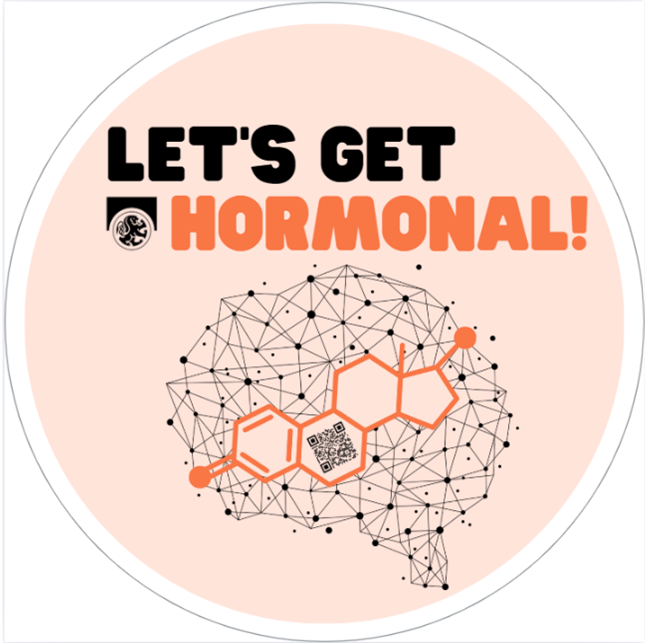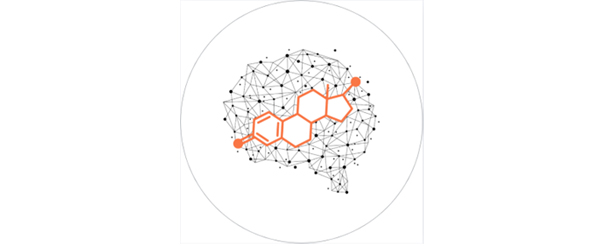Hormones keep us in balance, both physically and mentally, via a concerted and intricate system of physiological cycles. Unfortunately, the complex interplay between our hormones, brain and immune system is often overlooked, leading to a lack of understanding about their role on our psychological well-being
The female body undergoes frequent remodelling due to substantial and often rapid hormonal fluctuations throughout the reproductive lifespan. Thus, the role of hormones is more visible in women. Accordingly, a deeper understanding of how hormones affect our brain and other systems in our body is crucial for women’s health, more specifically women’s mental health.

At the Sex and Gender Lab at the University of Salzburg, we seek to foster women’s mental health by researching the interplay between hormonal fluctuations, brain responses and psychological well-being. This includes a detailed understanding of the brains responses to hormonal transition periods like the menstrual cycle, hormonal contraception, pregnancy and menopause.
However, this also includes the recognition, that hormonal fluctuations are not exclusive to women and a female-centric focus in neuroendocrinology can lead to stigmatization. While we overlook psychological responses to hormonal fluctuations in other genders, we normalize serious psychological symptoms in women, restricting options for diagnosis or treatment in all genders. It’s not just women, who are “hormonal” – everybody is!
Reactions to hormonal fluctuations vary from person to person
Everybody experiences hormonal changes – be it hourly, daily, weekly or monthly. However, how we react to these hormonal fluctuations varies greatly, not only between genders, but from individual to individual. This is likely because the way hormones affect the brain depends on each person’s individual brain physiology.
Every person is unique, because every brain is unique. And it is women’s mental health research that has demonstrated in the past years, how highly individual psychological responses to hormonal fluctuations actually are.
Moving forward, we seek to provide a deeper understanding of why each person responds the way they do during hormonal transition periods, by researching individual reactions of the brain to hormonal changes across all genders. So let’s get hormonal!


